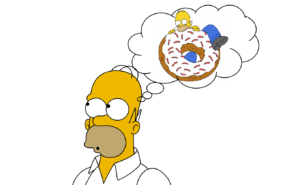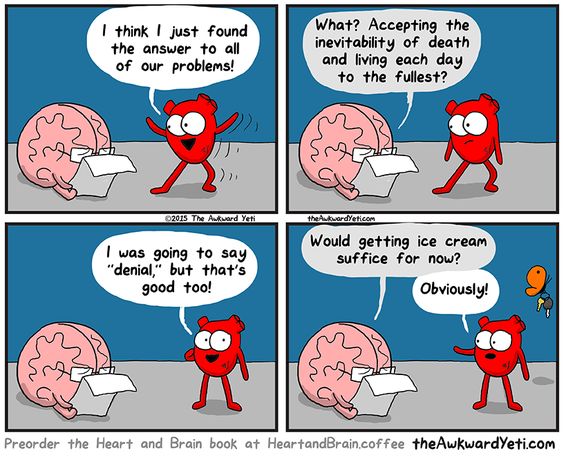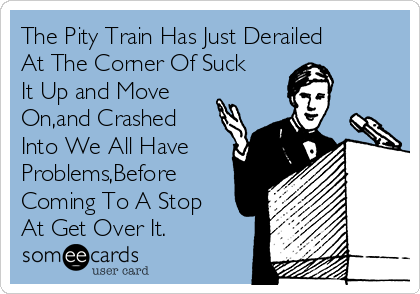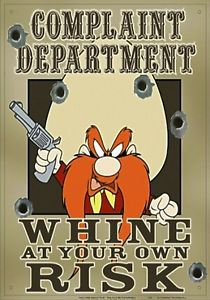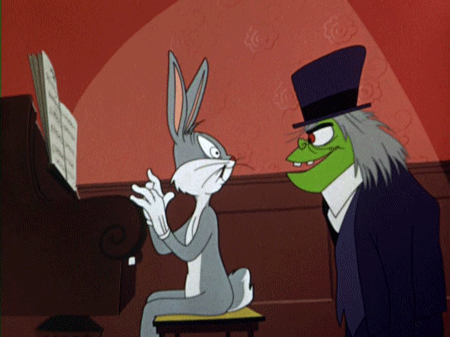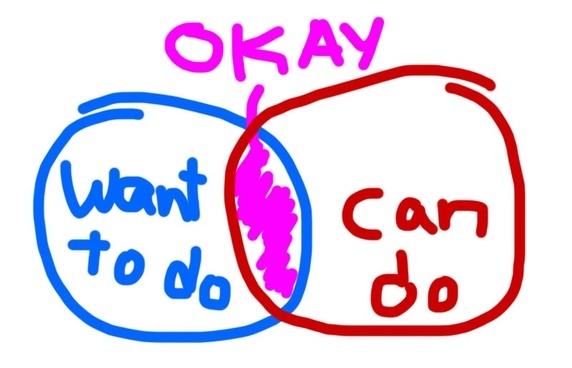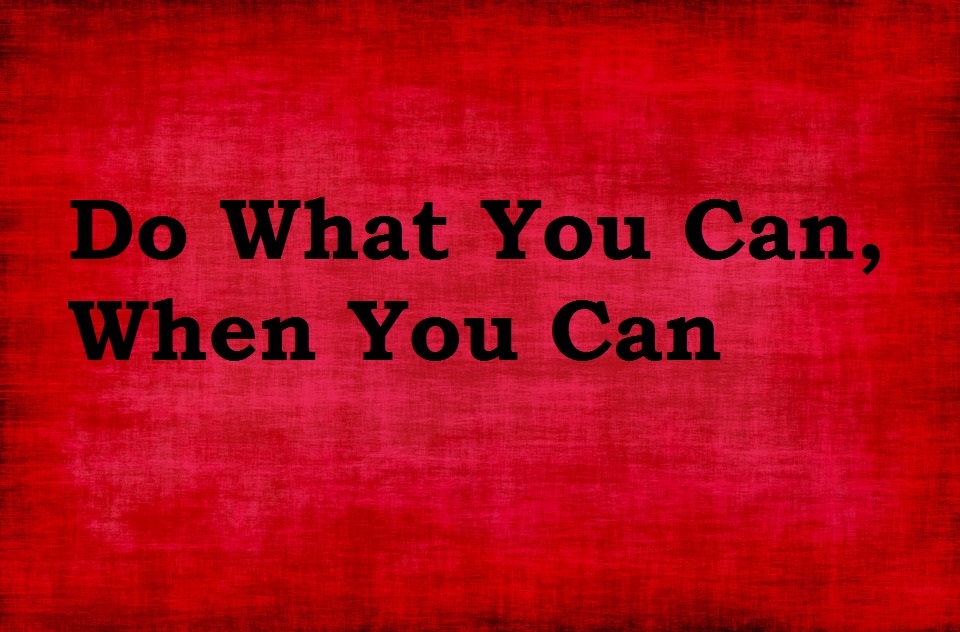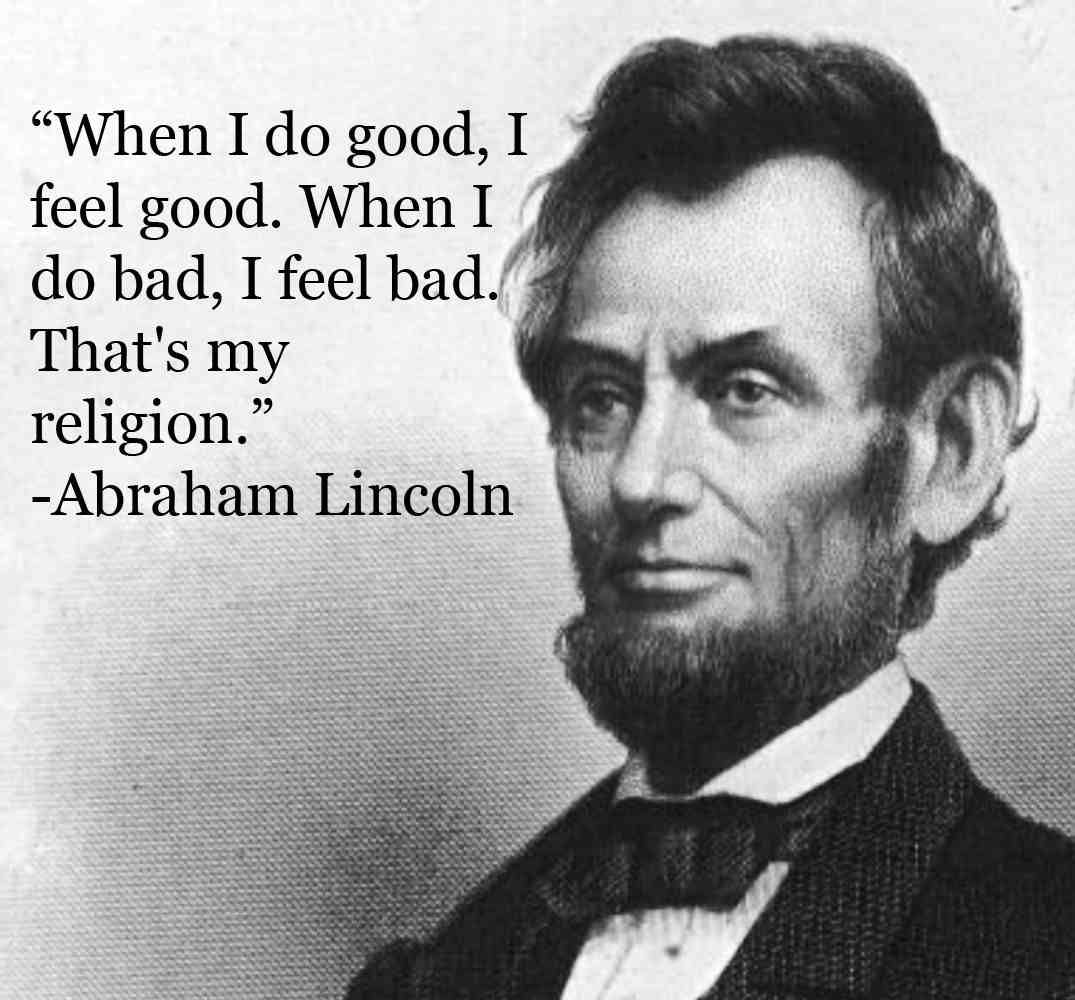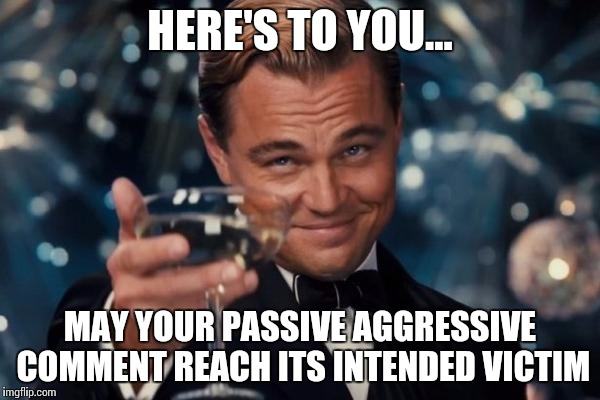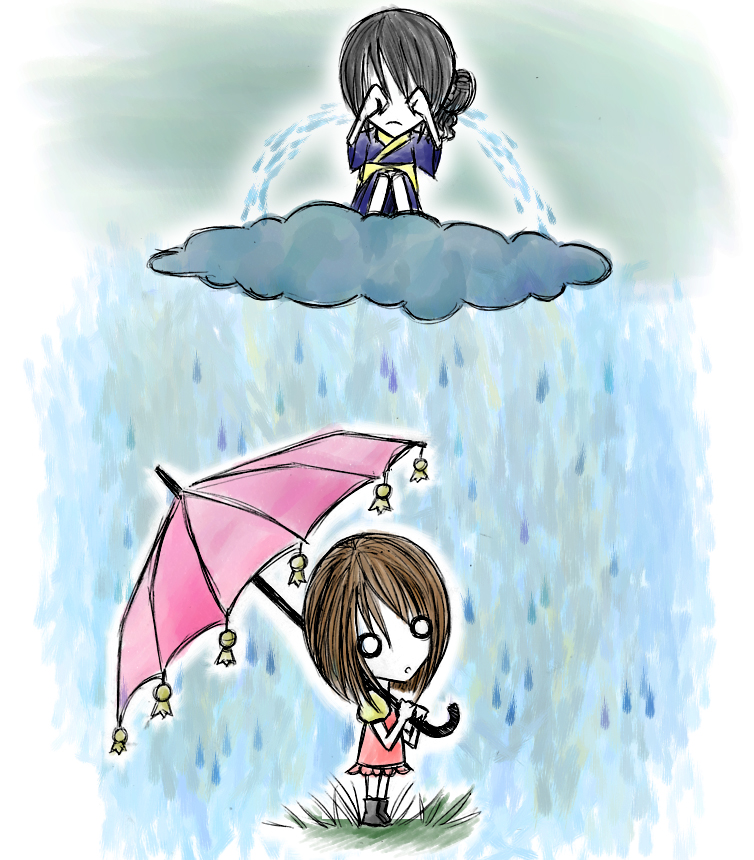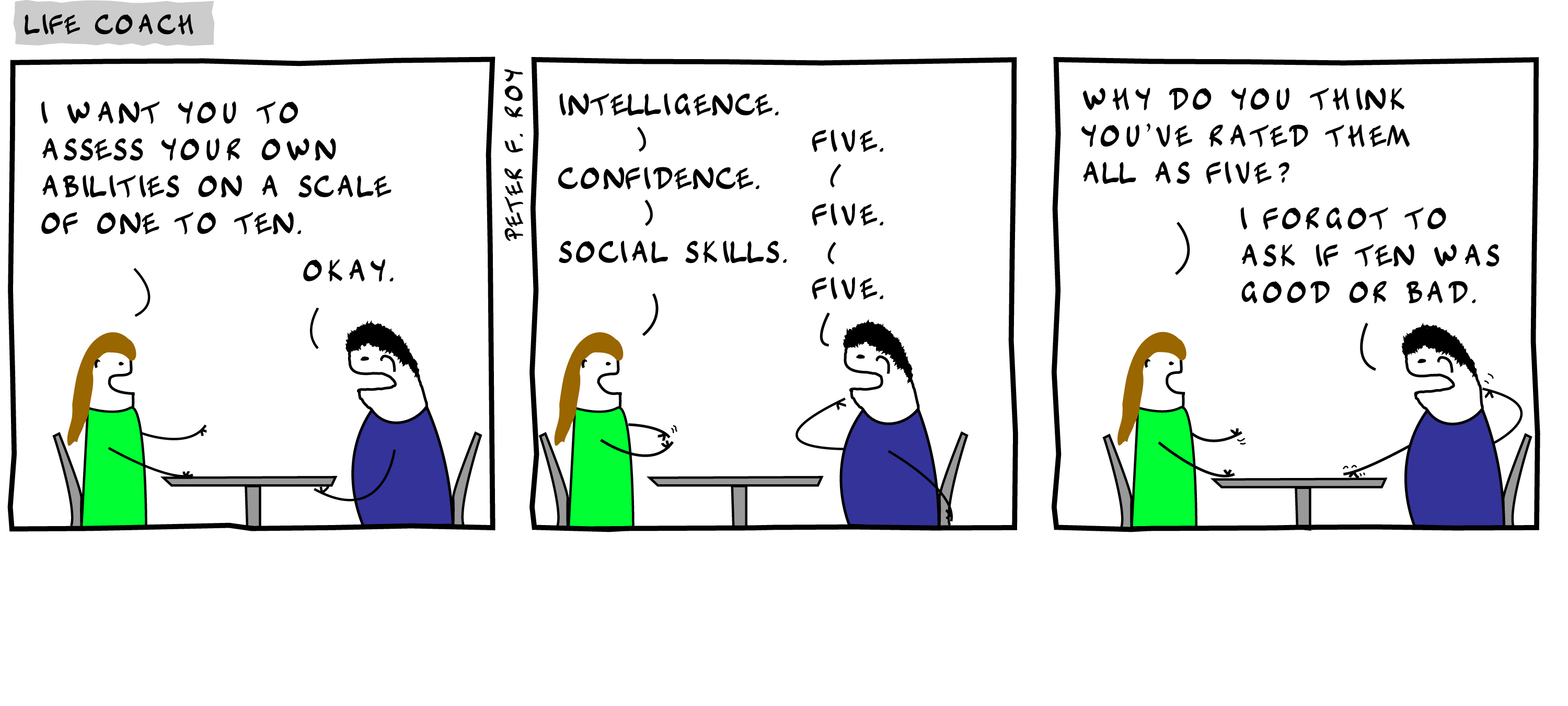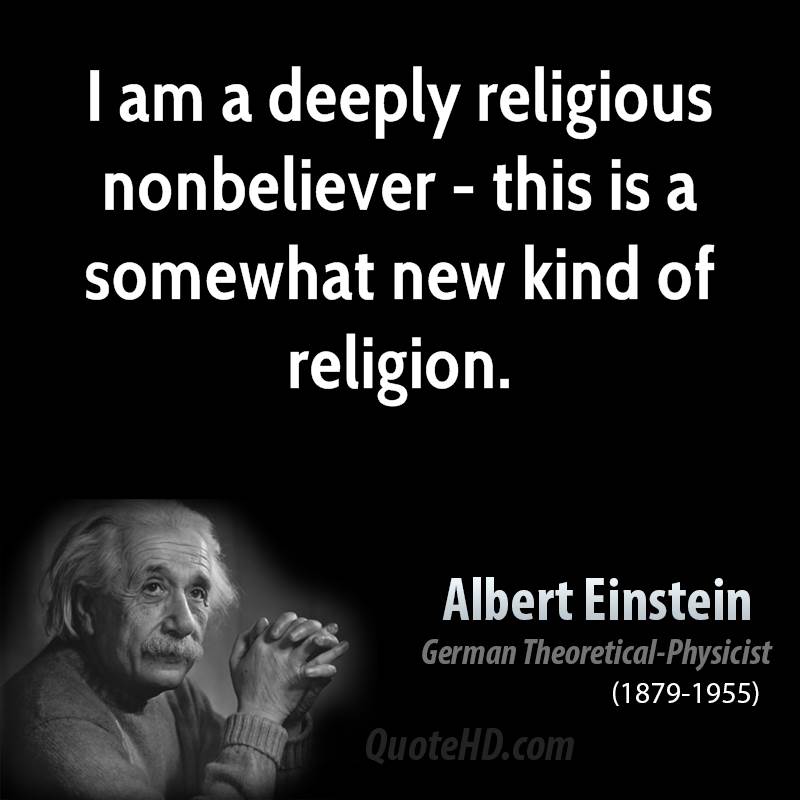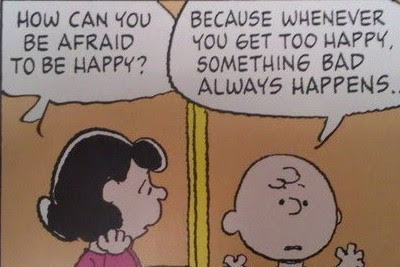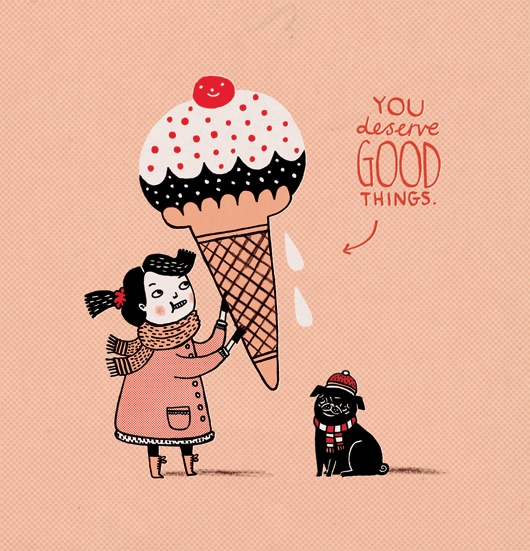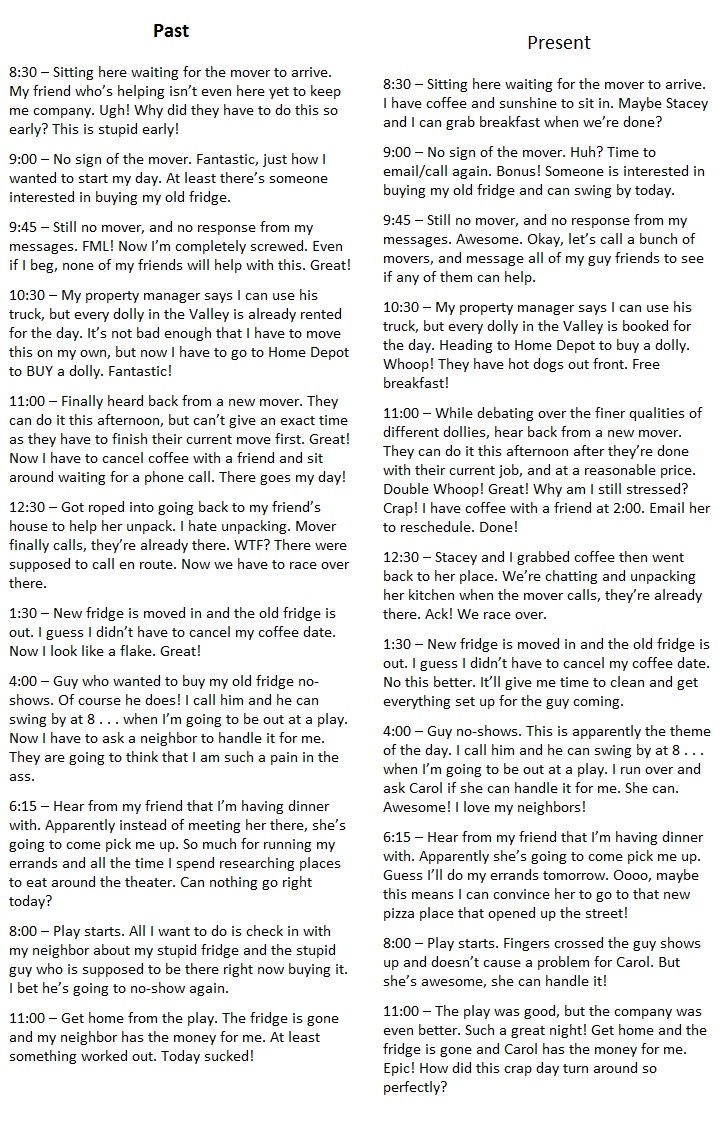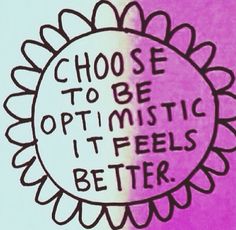They say that with the passage of time death anniversaries become easier … which to some degree is true. A couple of years ago I missed my mother’s anniversary. It had come and gone before it occurred to me that I should brace for it. Aside from a bit of guilt that was quickly assuaged, that was a good year. Thirteen years after her death and I was doing well.
What they don’t tell you is that grief operates in waves. Despite the fact that I was great thirteen years in, fast forward to now, 15 years after the fact, and for no discernable reason that I can come up with, I am horrible. My February has hit me like a freight train. She died on the 8th and we all gathered for her funeral on the 14th … yes, Valentine’s day. Which makes it super awkward every year when I tell people that I’m not a fan of the holiday and they then tease me about commercialism, to which I reply, “No, we buried my mother on Valentine’s day.” I could refrain from saying anything and let the moment pass, but by this point they’ve generally annoyed me and tact has flown out the window.
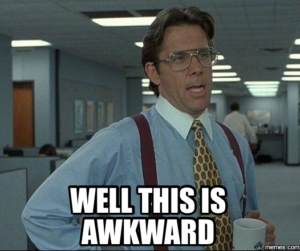
At any rate, this month has been bad. I started out super depressed and then just became mad at the world. Like ready to snap and yell at someone who brushes up against me too hard in a crowd kind of mad. Last straw, no matter how insignificant, mad. So I kept my head down and tried my dead level best to keep it to myself and not yell at anybody. I was going to blog about it, but it was a little too profane even for me. Not to mention, when I took a step back and looked at what I had written, I knew it wasn’t true. Despite how I felt deep down in my heart I logically knew that statements like – “nobody can understand what I’ve been through,” “not even my friends understand me,” and “I’m too broken to fix,” – were not true. But that didn’t matter. Logic had no place in my anger, so I stayed angry.
A co-worker even picked up on it and asked if I was okay. She said that I had seemed ‘irritated’ lately. As she’s a friend as well, I explained. To which she promptly pronounced that I needed a drink and took me out after work that day. That’s when she surprised me. She didn’t ask about my mom, she didn’t ask what I was angry about, she didn’t try to empathize. She knew that I wasn’t okay, and she felt no need to try to fix me. She knows me and therefore knew that this would pass, and here was the mind-blower: she saw no problem in the fact that, temporarily, I wasn’t okay. She still wanted to hang out with me, she still wanted to chat. She didn’t need to wait for it all to blow over. Life, our friendship, could continue even while I wasn’t okay.
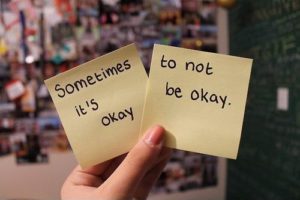
Two days later, my roommate straight up told me in words, what my coworker had told me in actions, “It’s okay to not be okay.” I didn’t need an excuse, I didn’t need a logical reason and I didn’t need to explain myself. It was my mom’s anniversary, I wasn’t okay, and that was fine. In retrospect, this seems obvious – I say retrospect, because the anger has passed and I’m doing much better. But at the time it was far from obvious and I think a good portion of my anger was coming from the fact that I needed to know why I was angry, but as there was no why I just became increasingly more frustrated.
So I feel like it needs to be said, hell even shouted from the rooftops, that sometimes we are allowed to not be okay. You don’t always have to be fixed.


